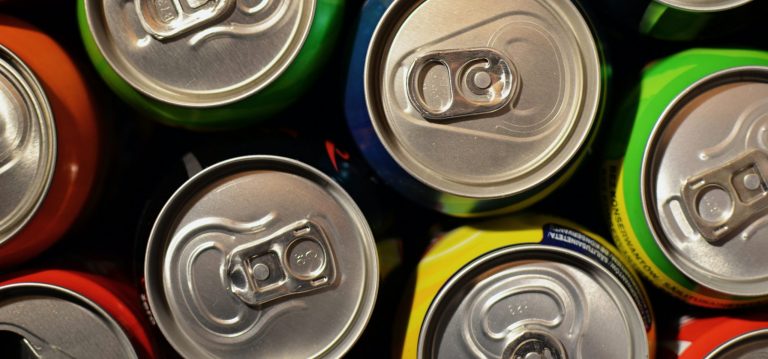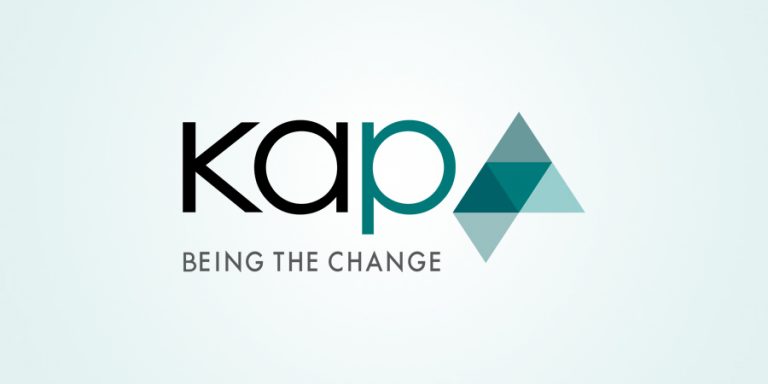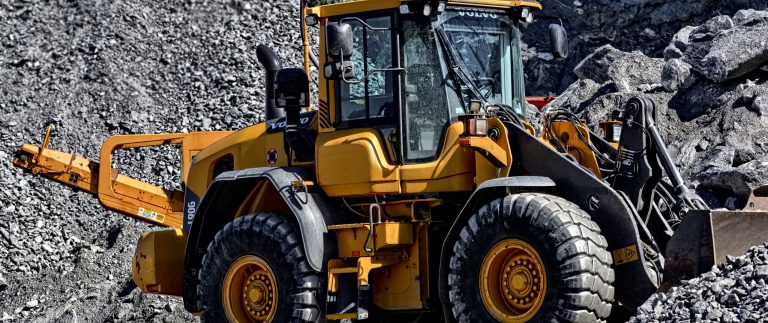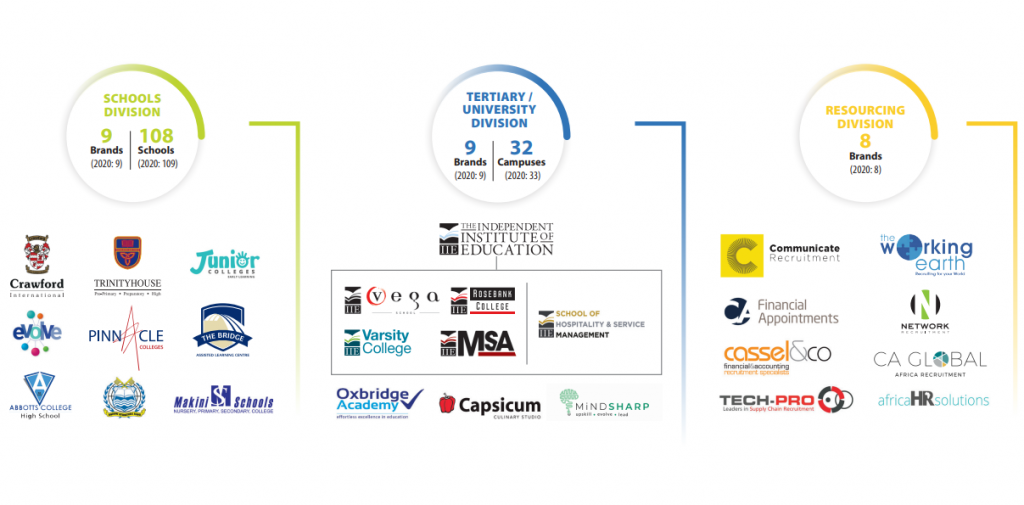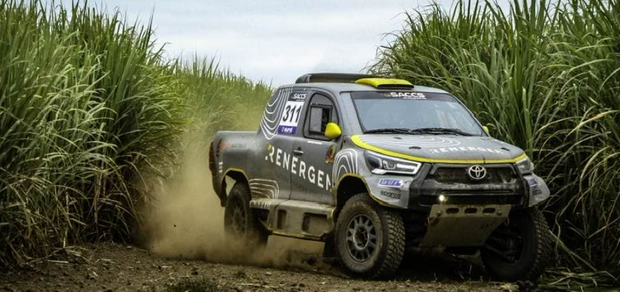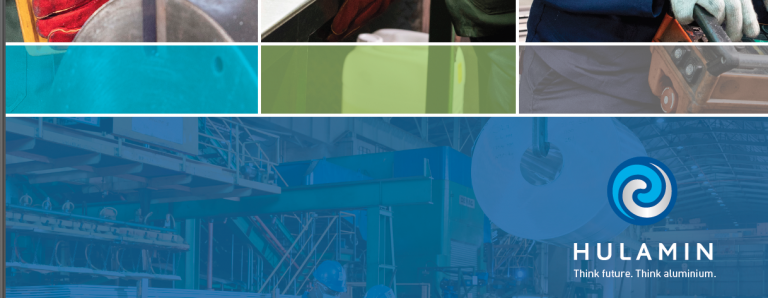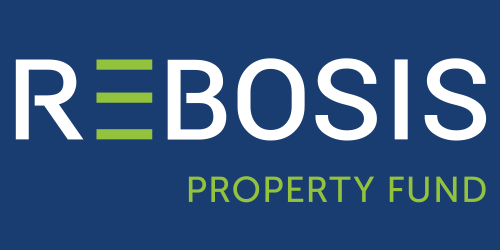Barloworld rallied more than 9% yesterday based on a voluntary trading update for the five months to 28 February. The share price has taken a nasty knock this year based on the group’s exposure to Russia.
This is a strong group and I was incredibly impressed with the company’s balance sheet management over the course of the pandemic. With some smart dealmaking and great capital allocation strategies, Barloworld weathered the storm and arguably emerged stronger.
In the Equipment southern Africa business, revenue for the period was up 2.3% thanks to activity in other African countries, as South Africa was subdued due to delayed deliveries. The good news is that the revenue is still coming, with the firm order book up by 43% to R4.6 billion based on strong mining demand and improved activity in South Africa.
Despite the modest increase in revenue, operating profit increased by 4.8% as expenses were tightly controlled. Operating margin expanded 20 basis points to 8.8% and EBITDA increased by 12.1%. The margin improvements were assisted by a return to profitability in the Bartrac joint venture in the DRC.
There’s a distinct narrative in the market around working capital pressures and Barloworld hasn’t escaped them, with a strong order book putting pressure on cash flows as Barloworld prepares to fill those orders. This isn’t a problem provided the cash is available, as return on invested capital (ROIC) on a rolling 12-month basis is 16.5%.
Equipment Eurasia is having a much tougher time at the moment, not least of all based on the needs of employees. Trading is restricted as one might imagine, with a difficult environment of rules and sanctions. The company has already suffered some cancellations and expects more based on the current disruptions, including the announcement by Caterpillar of the suspension of manufacturing facilities at the Tosno plant in Russia. The conflict has really derailed an otherwise excellent story, as the order book was at record levels at the end of February.
Barloworld flags that an impairment (accounting write-down of assets) could be on the cards here. I struggle to see how that situation would be avoided unless things improve significantly and very quickly. Despite the obvious risks, the underlying business delivered revenue growth of 11% in this period with Russia leading the way. EBITDA cash conversion was 90% so the cash follows the profits.
One must remember that this period was only impacted in its final few trading days by the Russia/Ukraine conflict. The numbers aren’t a reflection of what the next few months could look like.
Ingrain (the business that Barloworld tried hard to wriggle out of buying from Tongaat) grew revenue by 48.1%. The operating margin has decreased though based on a normalised sales mix. The company’s exposure to maize price fluctuations is limited thanks to the hedging strategy and it has secured enough maize to meet customer demand well into the next financial year.
The car rental business posted a whopping 205% increase in operating profit vs. the prior year and is 17% up on pre-Covid levels. Insurance business has rebounded and so has travel. Despite trading volumes being at just 65% of 2019 levels, the record EBITDA margin of 27.1% has driven a strong result in operating profits. Fleet utilisation averaged 79% (300 basis points higher than the previous year) and various other management initiatives have paid off.
The Avis Fleet business is also looking stronger, with operating profit up 17% vs. last year and 10% vs. the pre-Covid period. Record EBITDA margins of 54% (vs. 48% in the prior period) bear testament to management’s skills in managing through difficult times.
Barloworld is looking at ways to exit its car rental and leasing business, Avis Budget. This may even include a separate listing via an unbundling.
Many of the logistics businesses were sold and the remaining businesses are dedicated customer contracts which are either being transferred or exited in an orderly manner. Barloworld is engaging with potential buyers for the Supply Chain Solutions business.
After paying a special dividend in January, Barloworld is well within target debt and gearing levels. Net debt to EBITDA is 1.2x (the target is to be below 3.0x) and EBITDA cover is over 8x (vs. group target of over 3x).
Interim results for the six months to March 2022 are due in May. If there is enough certainty of a difference of more than 20% in earnings vs. the prior year, a trading statement will be released before then.
This was an impressive update and I’m not surprised that the market liked it.



